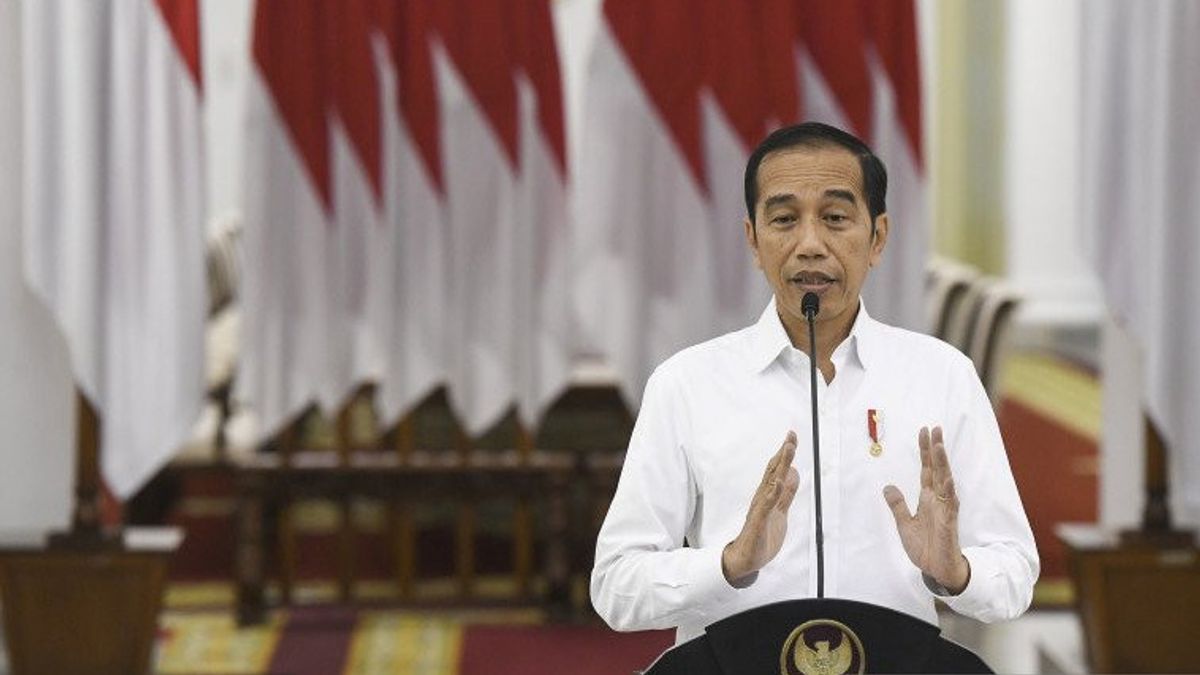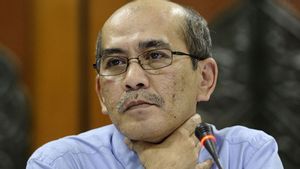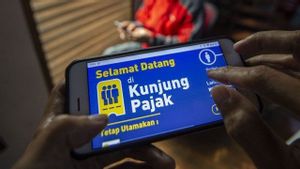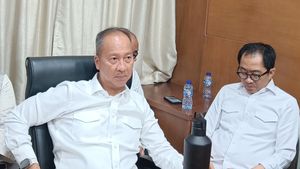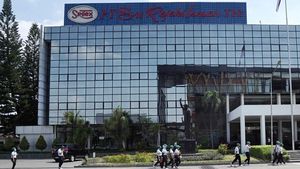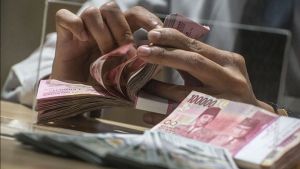JAKARTA - President Joko Widodo (Jokowi) has spoken about the calculations of profits obtained from downstreaming carried out in Indonesia.
He revealed that downstreaming provides added value to the country and even up to IDR 510 trillion.
Jokowi's statement was in response to criticism by Indef Senior Economist Faisal Basri.
Faisal assessed that downstreaming policy was not profitable. In fact, he said that Indonesia only enjoyed 10 percent of the proceeds from downstream nickel.
"What do you think? If we count, for example, I gave an example of nickel, when exported raw materials, raw materials for about Rp. 17 trillion a year, after entering industrial downstreaming, downstreaming to Rp. 510 trillion," said Jokowi at Dukuh Atas LRT Station, Jakarta, Thursday, August 10.
According to him, with the increasing export value of nickel from downstreaming, the tax yield will be greater than before downstreaming.
Jokowi also tried to compare the amount of tax received from IDR 17 trillion before downstream nickel, and IDR 510 trillion after nickel delineation.
"Because from there, from downstream we can get VAT, corporate PPH, employee income tax, corporate income tax, royalties, export duties, non-tax state revenues, everything is there. Just try to calculate it from IDR 17 trillion to IDR 510 trillion, which big?, "said Jokowi.
For your information, Senior Economist Indef Faisal Basri highlighted Sassy's buying policy that was not profitable for Indonesia.
In fact, said Faisal, achievements are not much more profitable than countries boosting industrialization.
"Unfortunately there is no industrialization policy that exists is downstream policy. It's different. If industrialization strengthens economic structure, industrial structure, increasing added value in the country," said Faisal.
SEE ALSO:
For example, said Faisal, downstream nickel into NPI and ferronickel. The data he pocketed stated that 99 percent of the results were exported to China.
"If Downstreaming is just from nickel ore to NPI or to ferronickel, NPI and 99 percent of its ferronicles are exported to China. So downstreaming in Indonesia actually supports industrialization in China," he said.
Furthermore, said Faisal, if it is the largest, Indonesia only enjoys 10 percent of the nickel downstream process.
"And really we can't get much downstream. Maximum 10 percent, 90 percent running to China," he said.
The English, Chinese, Japanese, Arabic, and French versions are automatically generated by the AI. So there may still be inaccuracies in translating, please always see Indonesian as our main language. (system supported by DigitalSiber.id)
